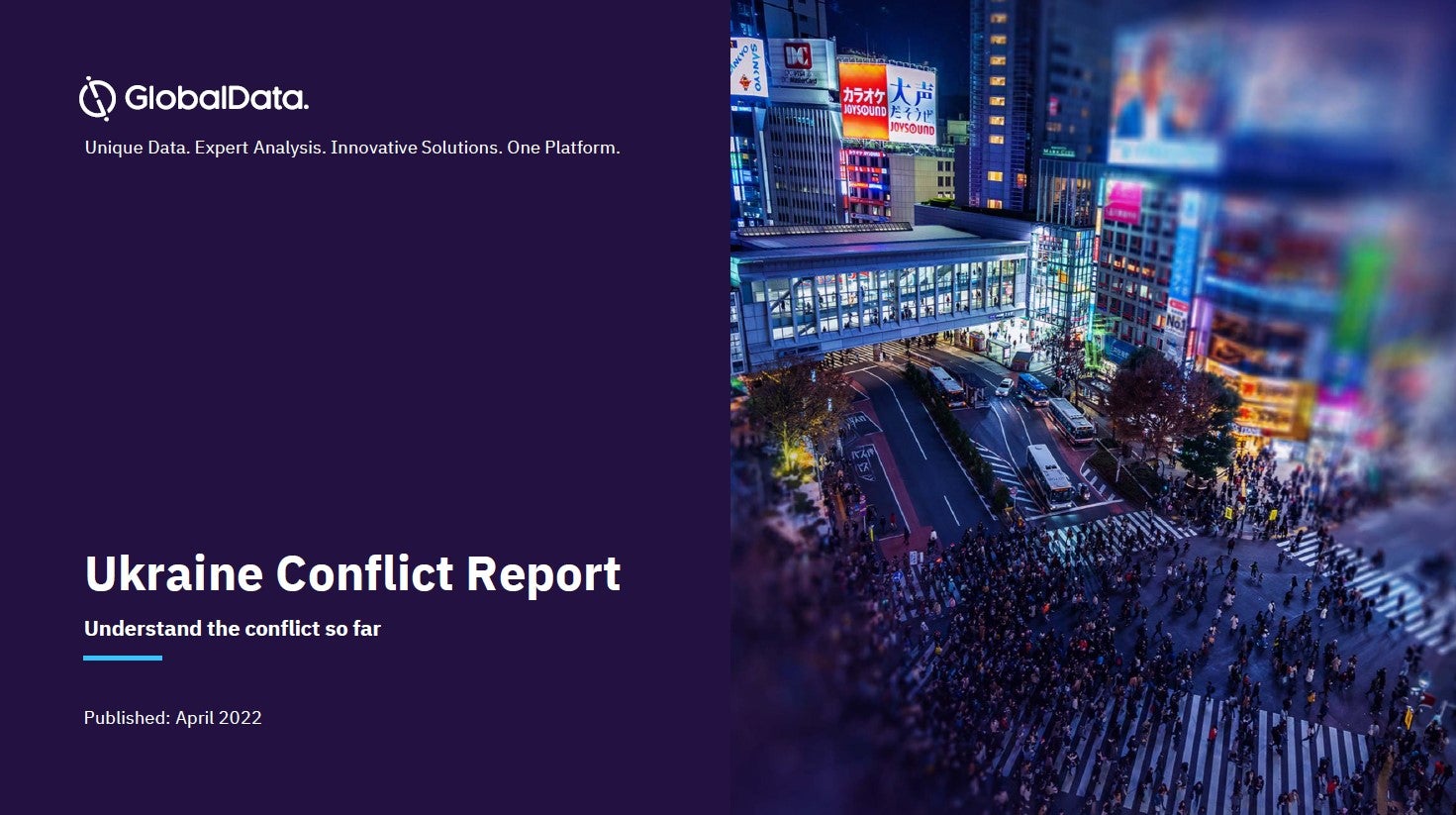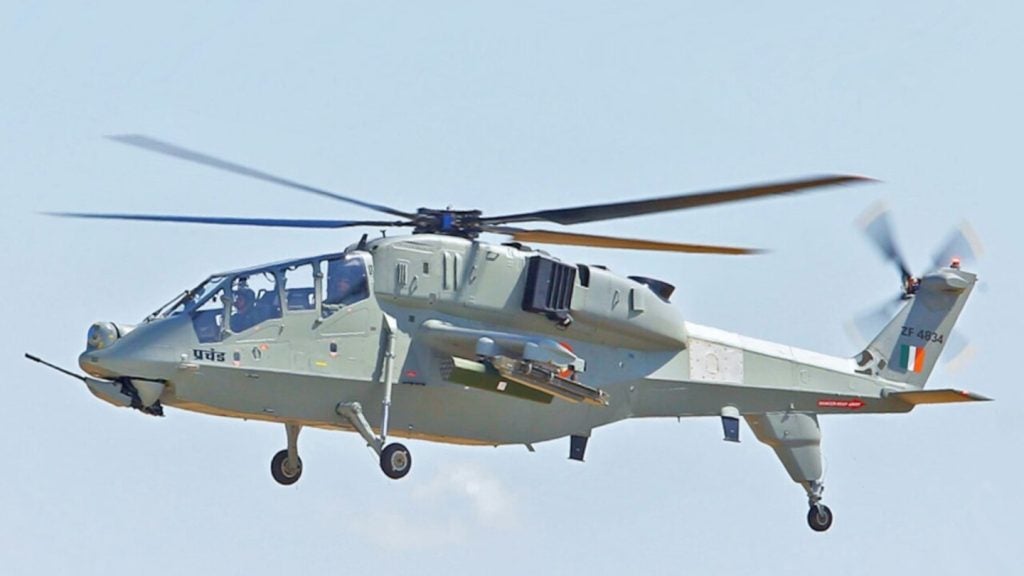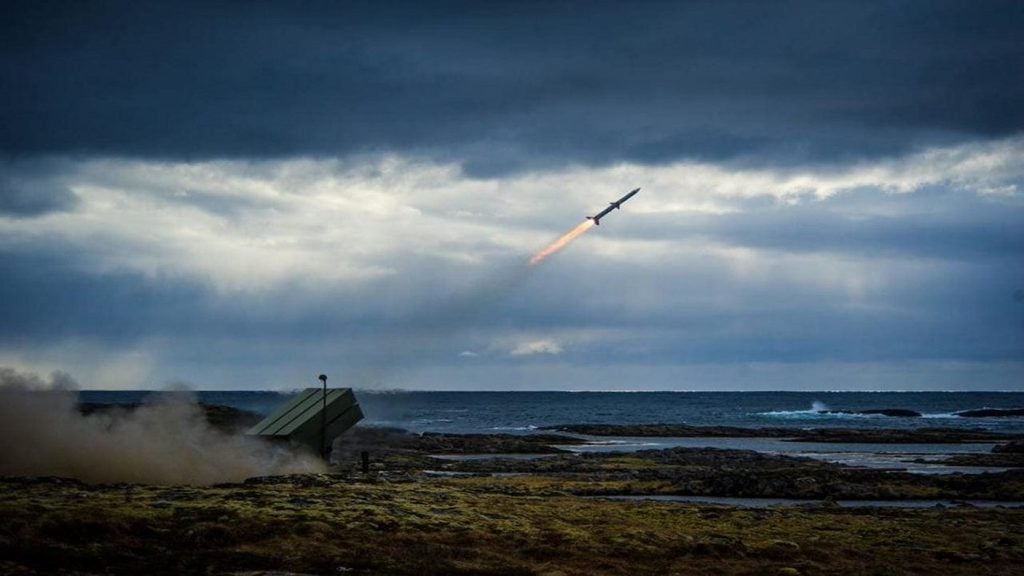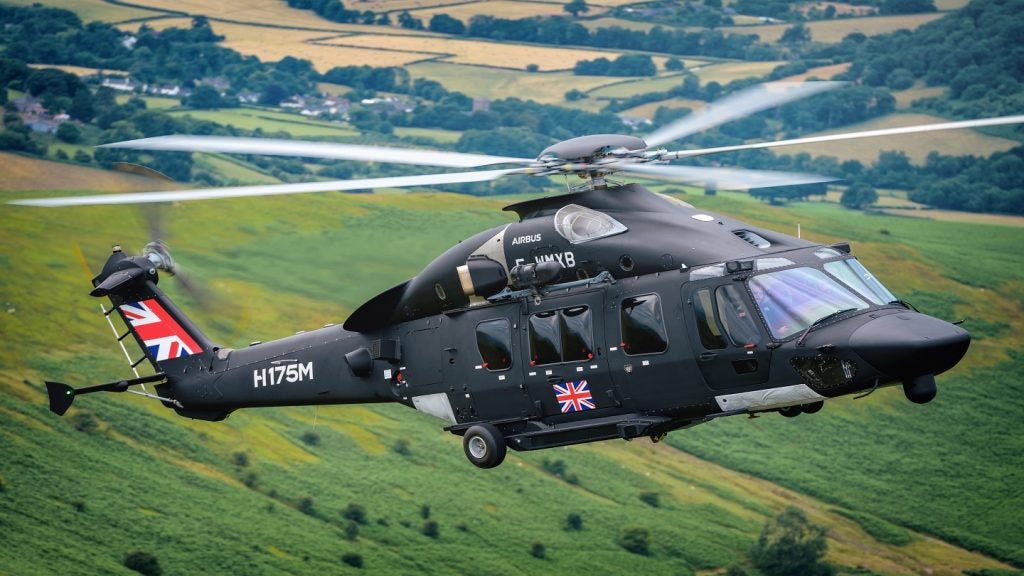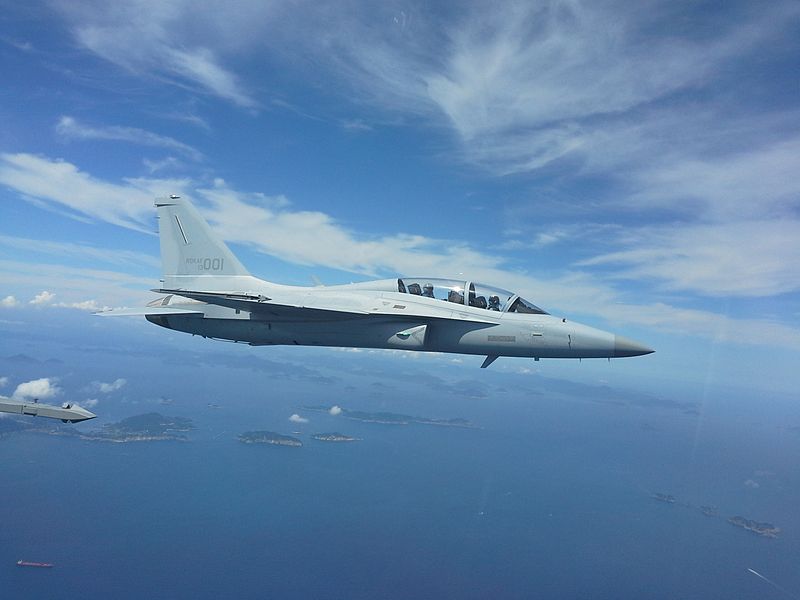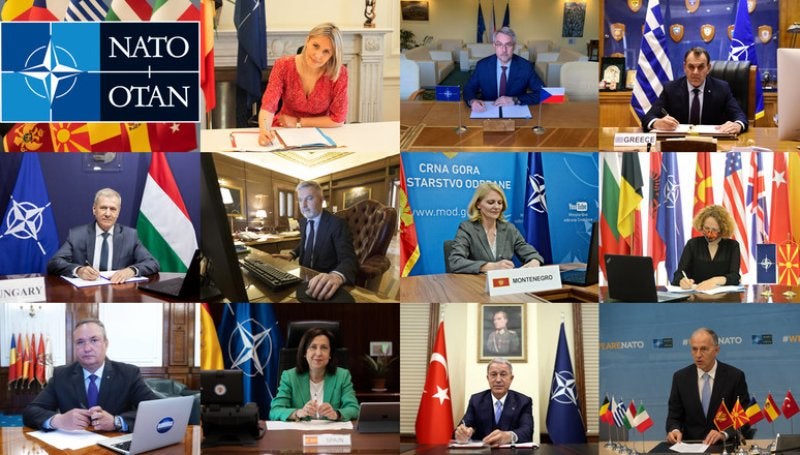
The Royal Institute of International Affairs hosted a discussion on European defence in an uncertain environment during the Defence and Security 2024 conference at Chatham House on London on 27 February, with luminaries questioning the status of Europe’s security after the invasion of Ukraine, as part of an on-the-record plenary session.
The War in Ukraine
Joannenenke Balfoort, director of Security and Defence Policy for the EU’s European External Action Service, gave voice to many working in the political heart of the European Union when she said that the Russia’s invasion of Ukraine “was a wake-up call. We’re awake now.”
How well do you really know your competitors?
Access the most comprehensive Company Profiles on the market, powered by GlobalData. Save hours of research. Gain competitive edge.

Thank you!
Your download email will arrive shortly
Not ready to buy yet? Download a free sample
We are confident about the unique quality of our Company Profiles. However, we want you to make the most beneficial decision for your business, so we offer a free sample that you can download by submitting the below form
By GlobalDataThe invasion of Ukraine by Russia had knock-on effects for Finland that had also roused change.
Esa Pulkinnen, Permanent Secretary for Finland’s the Ministry of Defence stated that for decades he had worked to bring Finland into Nato, but only following full-scale invasion by Russia into Ukraine in 2022 had the door opened for Finland to join the Alliance.
Lieutenant General Sir Nick Borton, commander of the Allied Rapid Reaction Corps, cautioned against trying to learn lessons prematurely from the war in Ukraine, citing as examples the views of commentators expressed about the relevance of tanks in modern warfare, and the effectiveness of attack helicopters.
Both of these systems, Borton described, had been dismissed early on in the war as ineffective, but later proved to be highly regarded. So far, Ukraine has endured two years under Russian attack, and in a prolonged occupation this length of time could represent only a fraction of the total length of the war.
Borton contrasted the the reaction of the observer community to Ukraine, learning short term lessons, with the work at Nato, developing new war fighting plans with a place for every Nato force, making use of role and geography specialisations to rise to a variety of missions.
For the future resolution of the conflict the panel expressed nuanced perspectives. Pulkinnen referenced the sentiments of other speakers at Defence and Security 2024, where expressions were made about the capability for Russia to be defeated, based on substantially higher economic power and defence resources among a subset of Nato Allies.
Pulkinnen suggested that this sentiment was true, if Russia did not seriously consider negotiations for an end to the war. He went on to highlight the difference imposition between Ukraine, which faces an existential crisis, and Russia, which is involved in a war of choice that it could end at any moment, and that the gulf between these two positions would leave Russia more inclined than Ukraine to seek resolution to the conflict.
Borton echoed the sentiments of other strategic thinkers, recognising that all wars end in negotiations, but added that Russia is not at the point where it has lost so many troops that it was likely to consider such action, although he said that Russia had suffered 350,000 casualties and was currently on the defensive.
Sub-specialism at the national level within Nato
Following a question from the audience on the possibility of national sub-specialisms within Nato, the panelists expressed a mix of views.
Nato’s war fighting plans recognise certain role and geographical specialisms by nations, according to Borton, who added that almost no nation in Nato had every military capability that they could make use of, and that as there were fewer Nato Corps headquarters than Nato nations, it was inevitable that nations would organise themselves together for operations.
He added that that an assessment of potential for Nato allies to outspend Russia on defence based on the larger economic power would have assume some kind of combined spending.
Balfoort recognised that joint spending is desirable, but that focussing on national sub-specialisms might not reflect that actually make-up of the Nato Alliance, wherein some nations do not have a specialism.
Inherent difficulties in a Nato-wide embrace of sub-specialisms was also recognised by Jonathan Hoyle, vice-president and CEO of Lockheed Martin for Europe, however he maintained that the possibility still exists for benefits in the High North and Baltic theatres.
Ruth Harris, research group director for defence and security at RAND Europe reflected on the geopolitical ramifications of any cut on capabilities that came about from sub-specialisms or other collaboration, citing that the likely effect on the US would be to provoke nervousness, and that in the current moment, this is not a desirable reaction.


